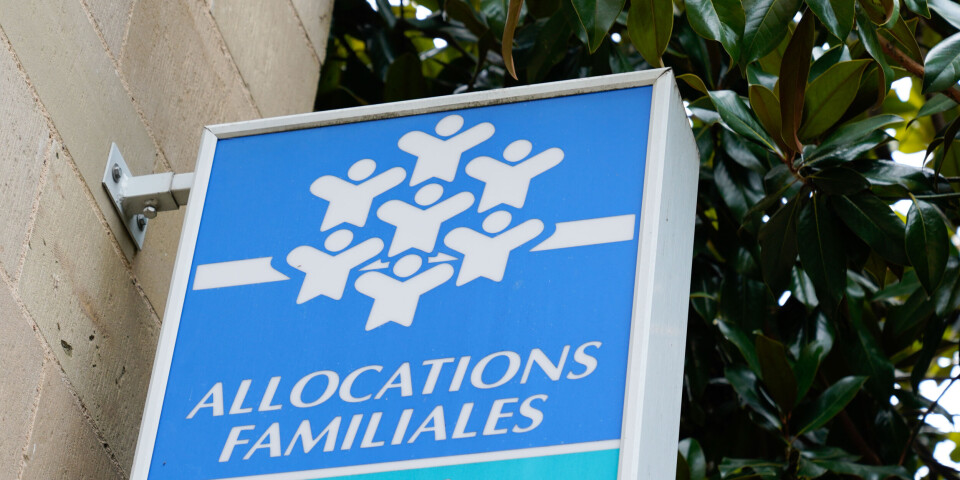French researchers give new hope in treating eating disorders
A groundbreaking theory links neurotransmitter deficits to compulsive behaviours, potentially revolutionising treatment
Researchers are to carry out larger clinical trials
VGLU Team
French researchers have come up with a new theory about the underlying cause of anorexia and bulimia, as well as substance abuse, which could potentially lead to a new treatment and help tens of millions of people worldwide.
Anorexia is characterised by sufferers keeping their weight as low as possible, usually by not eating enough, exercising too much, taking laxatives or making themselves vomit. It is the most fatal psychological disease in the world.
Around 90% of sufferers are women, but there is no known biological reason for this. Up to 50% of those with eating disorders also have substance abuse problems.
A wide range of causes have been put forward, including genetic, ethnic and socio-
economic factors. However, it remains poorly understood, and there is currently no pharmacological treatment.
Read more: French researchers' hope for individualised cancer vaccines
New theory for eating disorders
Now, however, researchers at the Sorbonne, the French National Institute of Health and Medical Research (Inserm), the National Centre for Scientific Research (CNRS) and McGill University in Canada are theorising that a deficit of neurotransmitters in a part of the brain named the striatum, which is used to form habits, could be an underlying factor.
They suggest that correcting this imbalance with the medication donepezil could cure patients.
The Connexion spoke to neuroscience professor Stéphanie Daumas, and researchers Nicolas Pietrancosta and Salah El Mestikawy, who led the study.
“An imbalance in neurotransmitters in the striatum could lead to behaviours that are a lot more habitual and so become compulsive,” Dr Daumas said.
“This was the theory that we were trying to test.”
Their study found that an imbalance could make habits such as drug-taking, food deprivation, ripping hair out and excessive scratching continue, despite the negative consequences.
By looking at compulsive behaviour in mice, they found that donepezil helped redress the imbalance and stop the problem habit.
Clinical trials
Three clinical trials on humans have now begun in Paris, New York and Denver. While the early signs are good, one worrying side effect is extreme vomiting and cramps.
“It is worth noting that patients still ask for doses to be increased, even with the side effects,” said Dr El Mestikawy.
“With automatic behaviour like vomiting after eating, you are watching yourself do something that is completely crazy and that you know is not normal.
“Patients know that something horrible is going on which is outside of their control. When taking the medication, they might vomit and have terrible cramps, but they at least feel they have control over their behaviour.
“They would rather have cramps and vomiting rather than their compulsive behaviours.”
The team added that the clinical trials are still small, including around 15 patients, and it will take time to confirm that the results are as positive as they initially seem.
Bigger clinical trials will now take place.




























